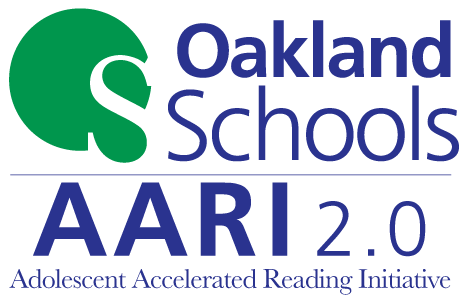
Research & Data

ALL AARI Educators are Welcome!
What: Join AARI classes to see students and teachers in action and engage in practice-centered dialogue with other AARI educators.
How: Some Learning Labs will be in-person during the school day. Other Learning Labs will be virtual from 4-5:30 pm.
Registration information is shared through the AARI email listserv. If you are not on the listserv and would like to be added, please email [email protected].
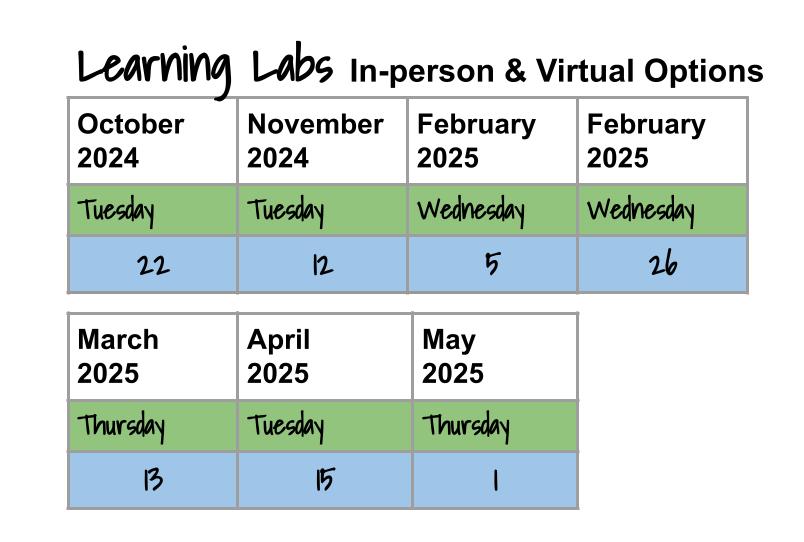

Join us for a full year of professional learning that includes:
5-day Summer Institute
AND a minimum of 15 additional hours during the school year. Choose from:
PLUS 2 (minimum) job-embedded coaching sessions
Self-paced, online QRI modules
State required clock hours (SCECHs) available
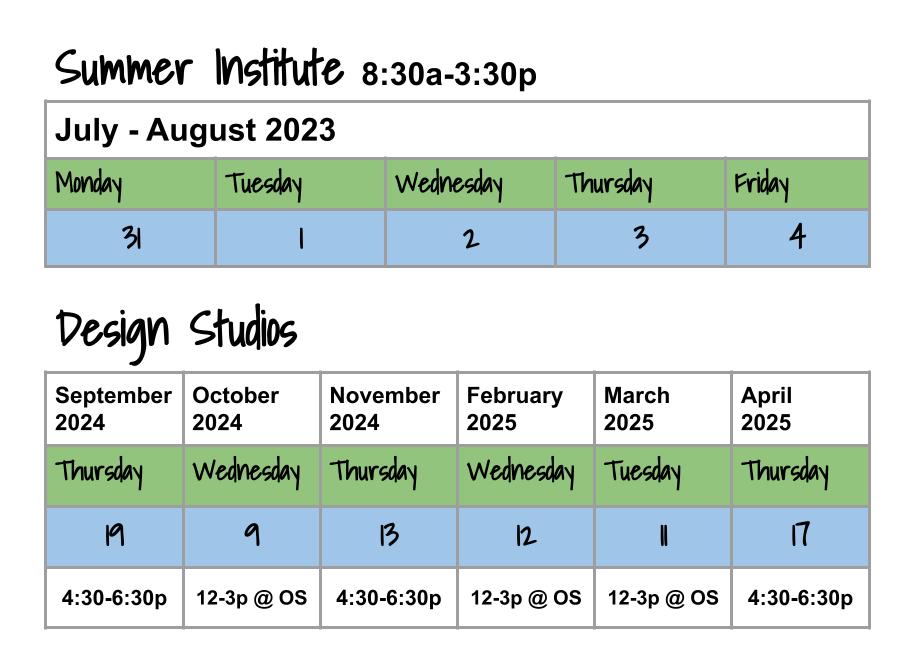

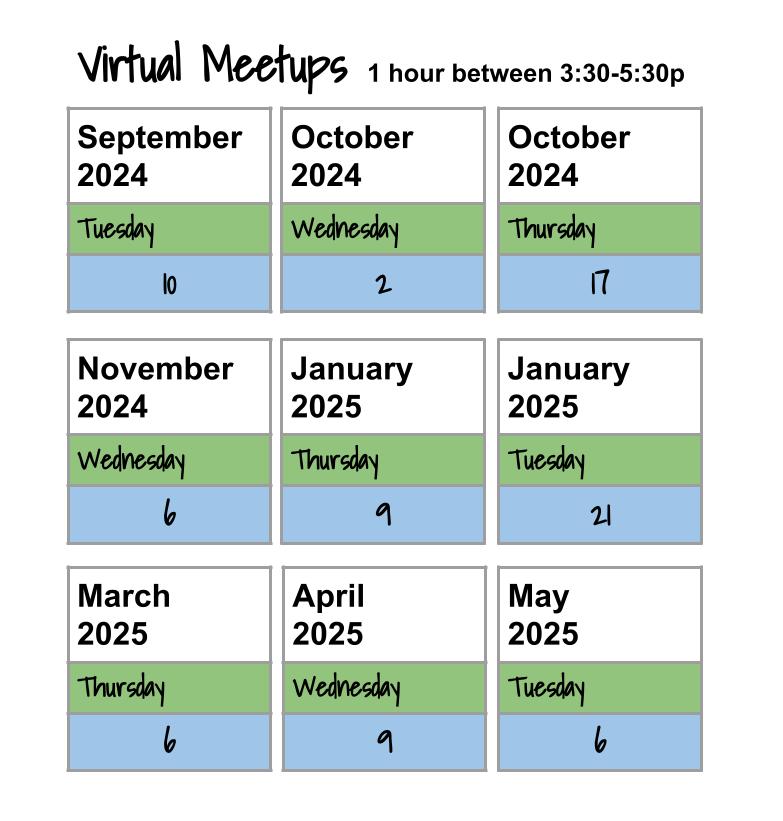

When: July 31-August 1, 2024 from 9:00a-3:00p
What: Advanced AARI is two days of professional learning to build deeper understanding of the AARI framework and collaborate with AARI colleagues. In this blended format, AARI educators engage in whole group learning and breakout sessions around participants’ topics of interest. This is for educators who have attended the AARI (or ACRI) Institute.
Where: In-person at Oakland Schools Conference Center
Registration information is shared through the AARI email listserv. If you are not on the listserv and would like to be added, please email [email protected].
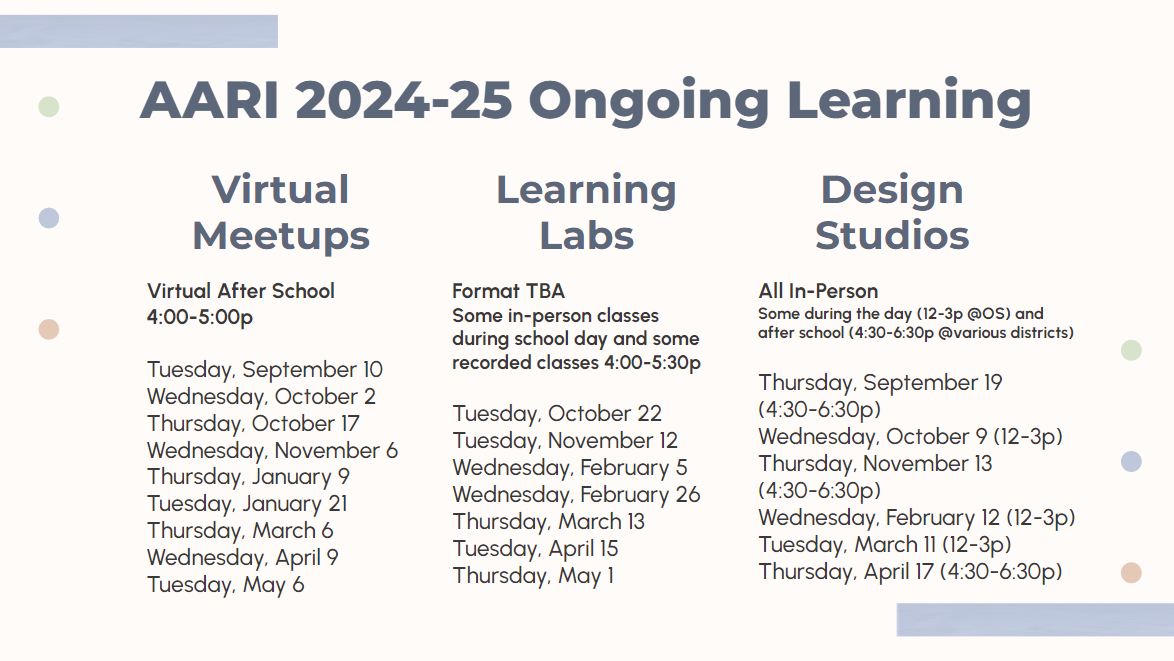
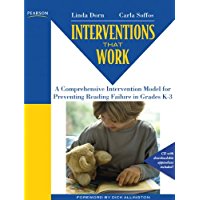 Quickly introduced to the intricacies of my new job, I was handed a well-developed grant plan to execute. The grant is known as the Early Literacy Grant and the funds must be used to enhance K-2 literacy instruction. From county-level conversations, I know that districts are using these funds in many ways, such as summer-school programs, purchasing formative assessment modules, and extended-school-day stipends. The plan in my district, written by my predecessors, has two components for 1st grade students and teachers:
Quickly introduced to the intricacies of my new job, I was handed a well-developed grant plan to execute. The grant is known as the Early Literacy Grant and the funds must be used to enhance K-2 literacy instruction. From county-level conversations, I know that districts are using these funds in many ways, such as summer-school programs, purchasing formative assessment modules, and extended-school-day stipends. The plan in my district, written by my predecessors, has two components for 1st grade students and teachers:
This blog is about our journey so far.
The targeted intervention groups include children with the lowest achievement on the Observation Survey, a series of six literacy observations including letter identification, word tests, concepts about print, writing vocabulary, hearing and recording sounds, and running records on leveled text. An Observation Survey of Early Literacy, by Marie Clay, is also one of the approved measures of achievement for the 3rd Grade Reading Law.
Most of the grant money is being used to pay substitute teachers to enhance this targeted intervention. With the assistance of a 1st grade assigned substitute, each 1st grade teacher has 45 minutes daily to run interventions with this group of children, for 90 days. The intervention typically runs for 20-30 minutes with the additional time used by teachers for formative assessments (progress monitoring) to set goals and next steps for the individual students.
Using consistent data sets, like running records and checklists from Interventions That Work, by Dorn and Soffos, the teachers know if a student is progressing toward grade-level independence–or possibly if they have reached independence with the intervention. In this way, the groups are malleable. Students may remain in the group or move out to the general classroom groups.
In December reflections, following 18-32 days of intervention (dependent on substitute start date), teachers observed that students were growing in their literacy skills, based on common assessments. Many teachers reflected on the wish for this opportunity with children whom they had last year. I always assure them that we can only be our best that day and we can always hope to grow, which most would say that we’ve done with this program.
Other important uses of this grant money are days of professional learning, because the best way to enhance achievement in a district is to increase the professional capacity of the teachers. We conducted three days of learning for each teacher throughout September and October, so that teachers could start this practice in a common way. Teachers have remarked that the learning days were valuable and something that they look forward to. One teacher notes, “Leaving kids at the beginning of the year was hard, but the rewards are there; learning new practice and implementing the learning has had the biggest impact. I am happy to have been trained and been able to use that to impact students.”
Additionally, in conversations across buildings on our learning days, teachers see the value in common practice and the common language of practice while having professional dialogue, and they hope to increase that capacity among their kindergarten and 2nd grade colleagues in the coming years. The topics that we have covered so far include observation surveys, progress monitoring, and specific training on Assisted Writing and Guided Reading Plus intervention groups from the Comprehensive Intervention Model portfolio (Center for Literacy UALR). As we continue with the year, I will continue to reflect with teachers, and we will have additional learning days. I’ll let you know how the story turns out, but so far the journey is powerful.
 Amy Gurney (@agurney_amy) is an ELA and Social Studies Curriculum Coordinator for Walled Lake Schools. She has a Master’s degree from Michigan State University in Educational Administration and is currently pursuing an Education Specialist in Educational Leadership at Oakland University. She is a current Galileo Leader. She worked on the MAISA units of study and has studied reading and writing workshop practice and conducted action research.
Amy Gurney (@agurney_amy) is an ELA and Social Studies Curriculum Coordinator for Walled Lake Schools. She has a Master’s degree from Michigan State University in Educational Administration and is currently pursuing an Education Specialist in Educational Leadership at Oakland University. She is a current Galileo Leader. She worked on the MAISA units of study and has studied reading and writing workshop practice and conducted action research.
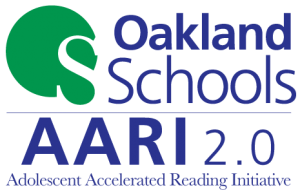
The Adolescent Accelerated Reading Initiative (AARI) is a Tier 2/3 (MTSS) short-term, intensive intervention that accelerates reading comprehension and critical thinking in informational text. AARI is for general and special education students in grades three through twelve and English Learners with a minimum overall WIDA proficiency score of 3.0. The instructional framework is built on evidence-based strategies and culture-centered research.
AARI focuses on critical thinking with informational text to help students access content from texts.
AARI emphasizes small group instruction that meets students where they are and accelerates their reading through instruction built around:
AARI seeks to support students in building more positive reader identities that empower them in all aspects of their lives.

Jill joined Oakland Schools after a decade as an ELA, political science, and reading intervention teacher in a local high school. In her role at Oakland Schools, Jill is a reading interventionist with District and School Services (School Culture and Climate Unit) and partners with Special Education colleagues. She works largely with the Adolescent Accelerated Reading Initiative, a reading intervention framework that accelerates students’ literacy skills (focused on reading comprehension) and critical thinking in expository text for grades three through twelve. Jill supports AARI educators and their colleagues of various disciplines through an ever learning and growing community of dedicated educators.
Jill also supports educators and districts in accelerating reading comprehension in non-fiction texts, leveraging speaking and listening in literacy learning, exploring strategies for questioning students in text, making text visible through text structures, and implementing classroom libraries. One of the best parts of being an educator is being a lifelong learner, so Jill is always busy learning more alongside classroom teachers.
Growing up, Jill lived all over Michigan, but came to the area to attend Oakland University (Go Golden Grizzlies!). Outside of the office, she is involved in a local faith community, stays active, mentors young women, and enjoys living life with her two favorite guys.
 The mission of Oakland Schools Special Populations Capacity Building Unit is to facilitate a continuum of responsive professional learning with special educators to increase student engagement and achievement. Professional learning aims to facilitate access to and progress in the general curriculum for students with IEPs.
The mission of Oakland Schools Special Populations Capacity Building Unit is to facilitate a continuum of responsive professional learning with special educators to increase student engagement and achievement. Professional learning aims to facilitate access to and progress in the general curriculum for students with IEPs.
View Oakland Schools Literacy Professional Learning HERE and search by keyword.
View Oakland Schools Professional Learning Supports HERE.
Comprehensive professional learning, resources, and networking opportunities are available to assist school staff in providing high quality intervention and specialized instruction for students with Individualized Education Plans (IEPs).
Professional learning opportunities support educators who deliver specialized instruction and interventions for students with IEPs (99%) who participate in general education state assessments of learning.
These students receive core English Language Arts instruction aligned to the Michigan Standards, and their learning is accelerated when special education supplements the classroom core literacy program.
Access RESOURCES that support the professional learning of educators for these students HERE.
Professional learning opportunities are offered to support educators of students with IEPs with the most significant cognitive disabilities (1%) who participate in the alternate annual state assessment of learning.
These students receive their academic instruction, including English Language Arts, aligned to the essential elements of the Michigan Standards, in their local school districts or county centers for all. The goal of instruction for these students is acceleration of learning, so that students progress through emergent and conventional phases of literacy learning.
Access RESOURCES that support the professional learning of educators for these students HERE.